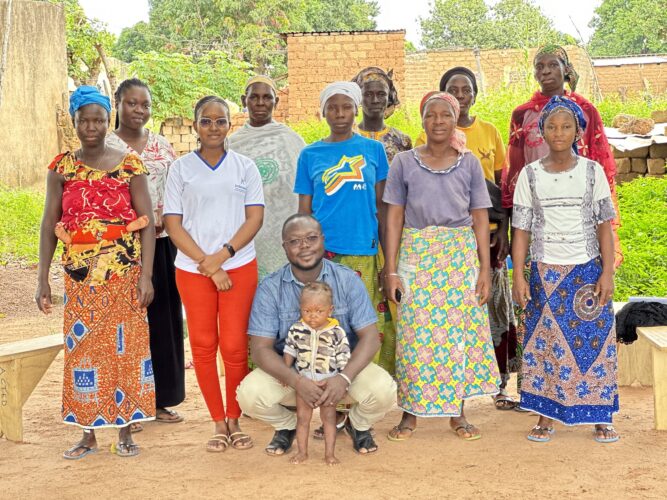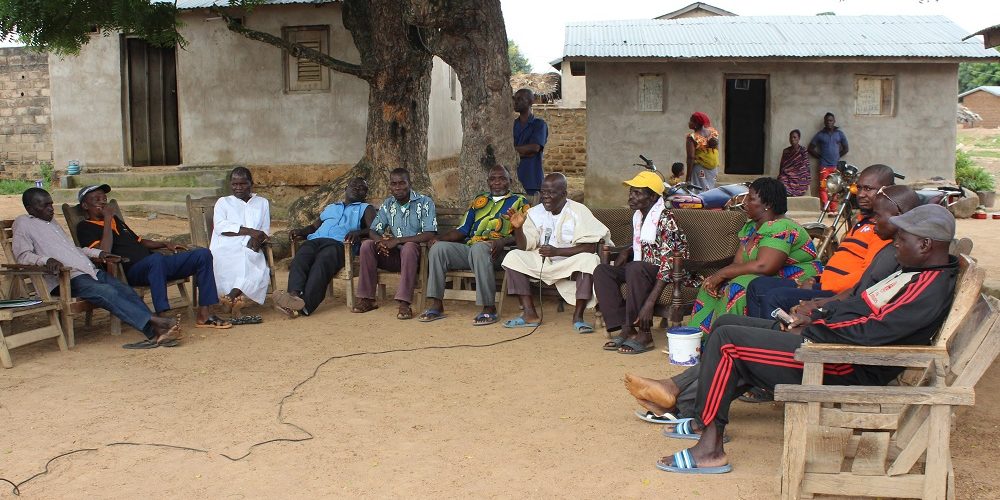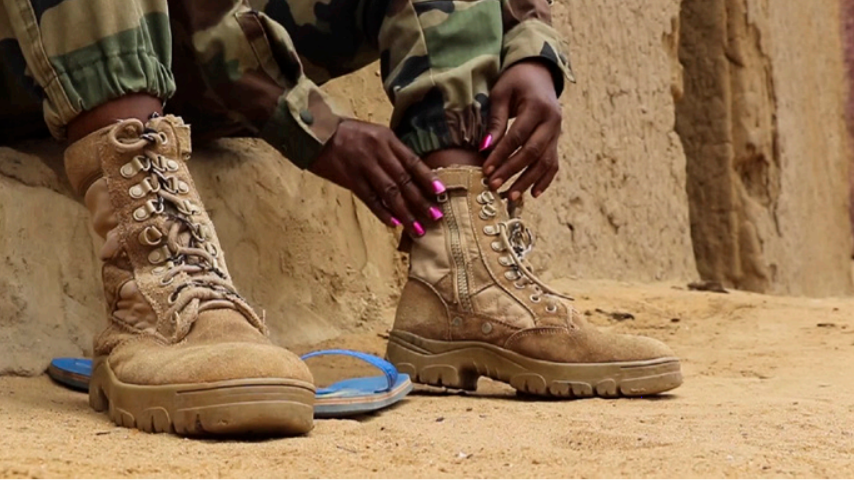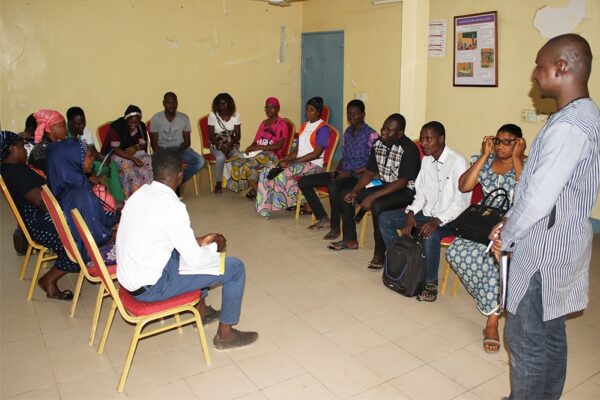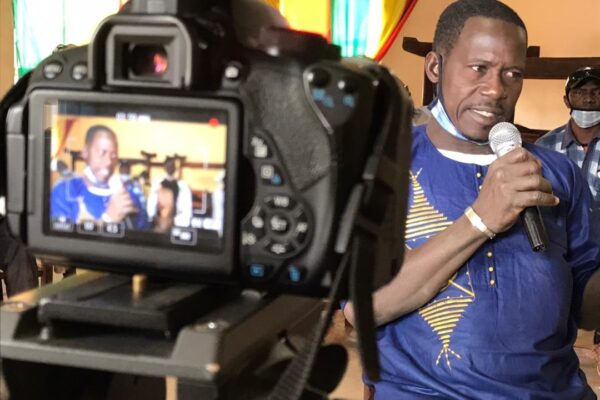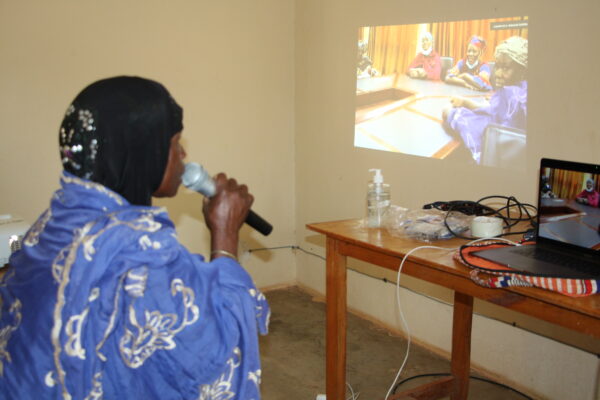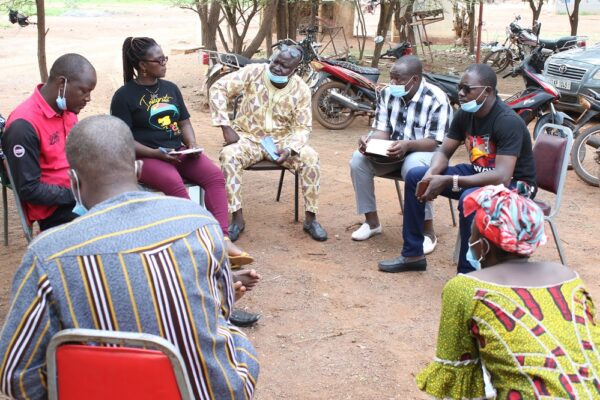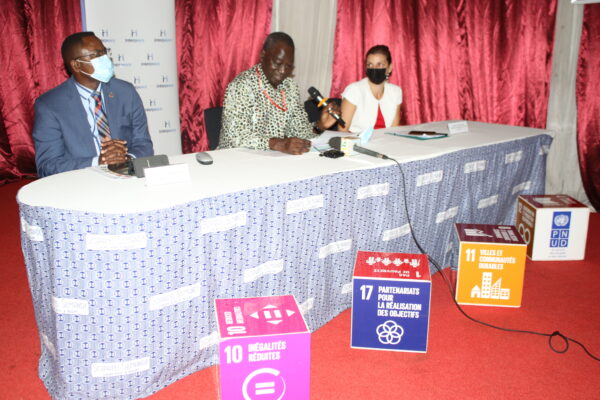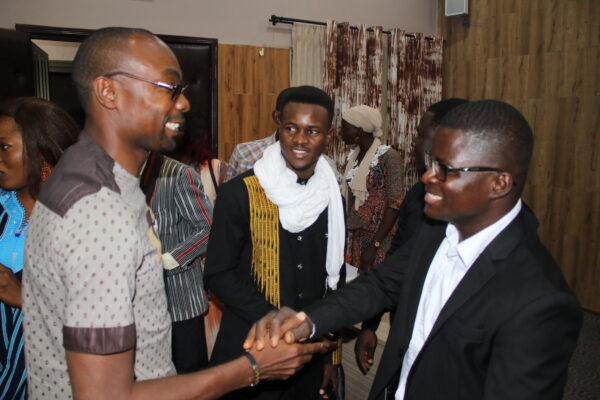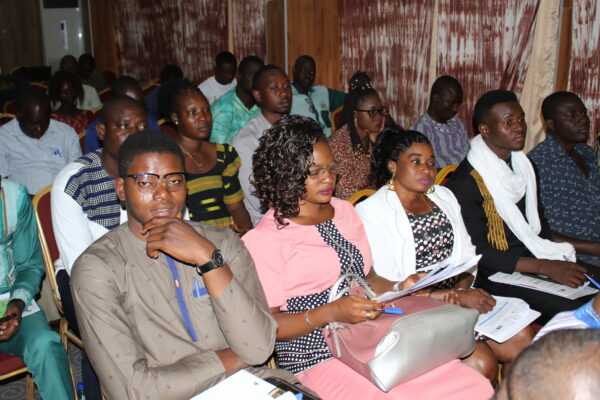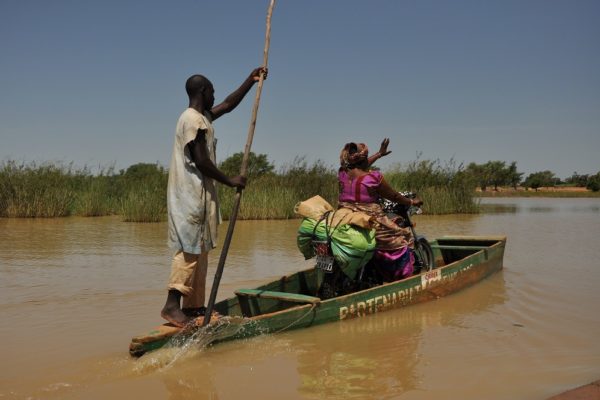Burkina Faso is currently facing a multidimensional security and humanitarian crisis that is having an impact on several sectors of national life, mainly health, development, political stability and social cohesion.
To address the traumas caused by the crisis, as well as the consequences for social cohesion, Interpeace is implementing the “Laafia Weltaré: reinforcing the psychosocial well-being of people affected by the security crisis for resilience and sustainable peace in Burkina Faso” project, with technical and financial support from the Swedish Embassy in Burkina Faso. The aim is to integrate a holistic approach to peacebuilding, including mental health, psychosocial support and livelihood development, into the strategies, plans and actions of national and international actors working in communities affected by security and humanitarian crises.
Interpeace is implementing this project in partnership with the Ministry of Health and Public Hygiene, the Ministry of Defense and Veterans, the Ministry of Territorial Administration, Decentralization and Security, the Ministry of National Solidarity and Humanitarian Action, Gender and Family, as well as civil society organizations and NGOs operating in the Cascades region.
Collaboration is planned with a network of local mediators, intervening as close as possible to those affected and mobilizing them, particularly members of the Defense and Security Forces injured in operations, internally displaced persons and host communities.
For Interpeace, psychosocial well-being and mental health are essential components of medium- and long-term peacebuilding initiatives. Strengthening social cohesion means meeting people’s social, economic and psychological needs.
To achieve this, Interpeace implements its interventions through an inclusive approach, i.e. the co-creation and collaborative conceptualization of tools adapted to different contexts. To implement the analysis dimension, Interpeace uses Participatory Action Research as its methodology.
Drawing on its experience in implementing programmes linking mental health, psychosocial well-being, livelihoods and social cohesion/peacebuilding in post-conflict contexts, such as Rwanda, Interpeace intends to facilitate the response to these different challenges.
